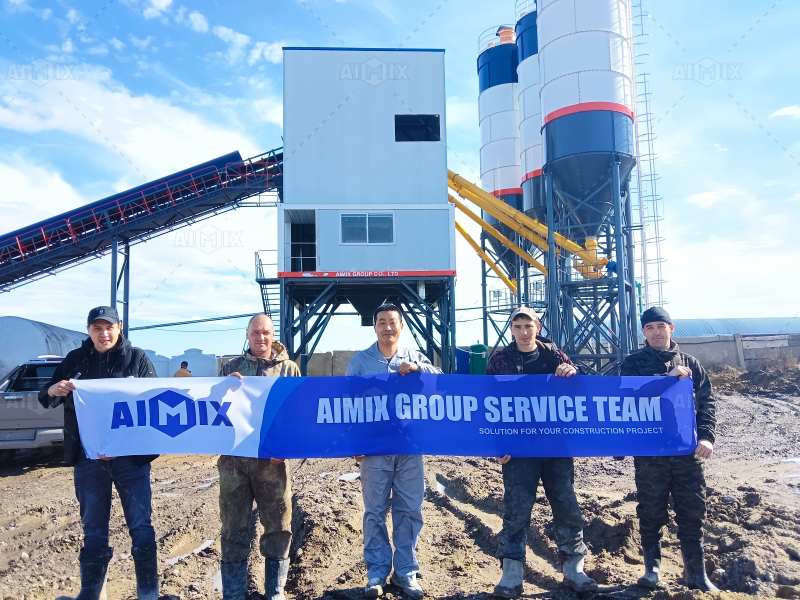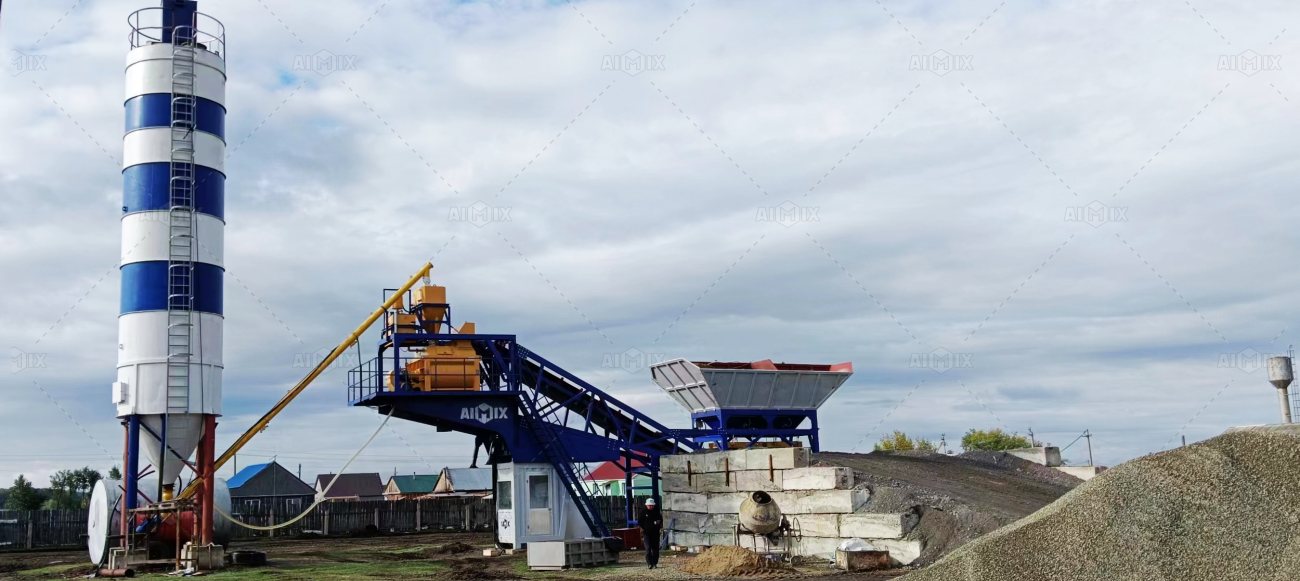In the construction industry, the quality of concrete is paramount, directly impacting the safety, durability, and longevity of structures. Concrete batch plants are the heart of concrete production, and choosing a reliable concrete batch plant supplier is a crucial decision for any construction business. To ensure consistent and high-quality concrete, suppliers must adhere to stringent quality standards. This article explores the key quality standards every concrete batch plant supplier should meet and why they matter for your projects.

A reputable concrete batch plant supplier should comply with recognized international standards such as:
Compliance guarantees that the batching plants are designed and manufactured to produce concrete that meets globally accepted quality benchmarks.
The accuracy of weighing and mixing components directly influences concrete quality. Suppliers must provide plants equipped with:
High batching precision ensures consistent mix proportions, reducing waste and improving the structural performance of concrete.
Concrete batch plants operate in harsh environments and must withstand exposure to cement dust, water, and weather conditions. Quality suppliers use:
This durability reduces downtime and maintenance costs, ensuring reliable operation over many years.
Modern batch plants rely on sophisticated automation for efficiency and quality control. Key features suppliers should offer include:
Automation minimizes variability, speeds up production, and supports compliance with industry standards.
Sustainable and safe operations are increasingly important. A quality supplier ensures:
These features help the plant comply with environmental laws and protect workers’ health.

Construction projects vary in scale and complexity. The supplier should offer:
Flexibility ensures the plant can adapt to changing demands and maximize ROI.
A high-quality supplier provides:
Reliable after-sales service is essential for long-term plant performance and customer satisfaction.
Trustworthy suppliers often have:
These certifications provide confidence in the plant’s reliability and compliance.
With growing emphasis on sustainability, quality suppliers integrate:
Energy-efficient plants reduce operating costs and environmental impact.
Finally, a reputable supplier should demonstrate:
A proven track record indicates reliability and product quality.

Selecting a concrete batch plant supplier who meets these key quality standards is critical for producing high-quality concrete and ensuring project success. Compliance with international standards, precise batching accuracy, durable materials, advanced automation, environmental responsibility, flexibility, strong after-sales service, certifications, energy efficiency, and a proven track record are the pillars of a reliable supplier.
By prioritizing these standards, construction companies can minimize risks, improve operational efficiency, and deliver durable, safe structures that meet today’s demanding building requirements.